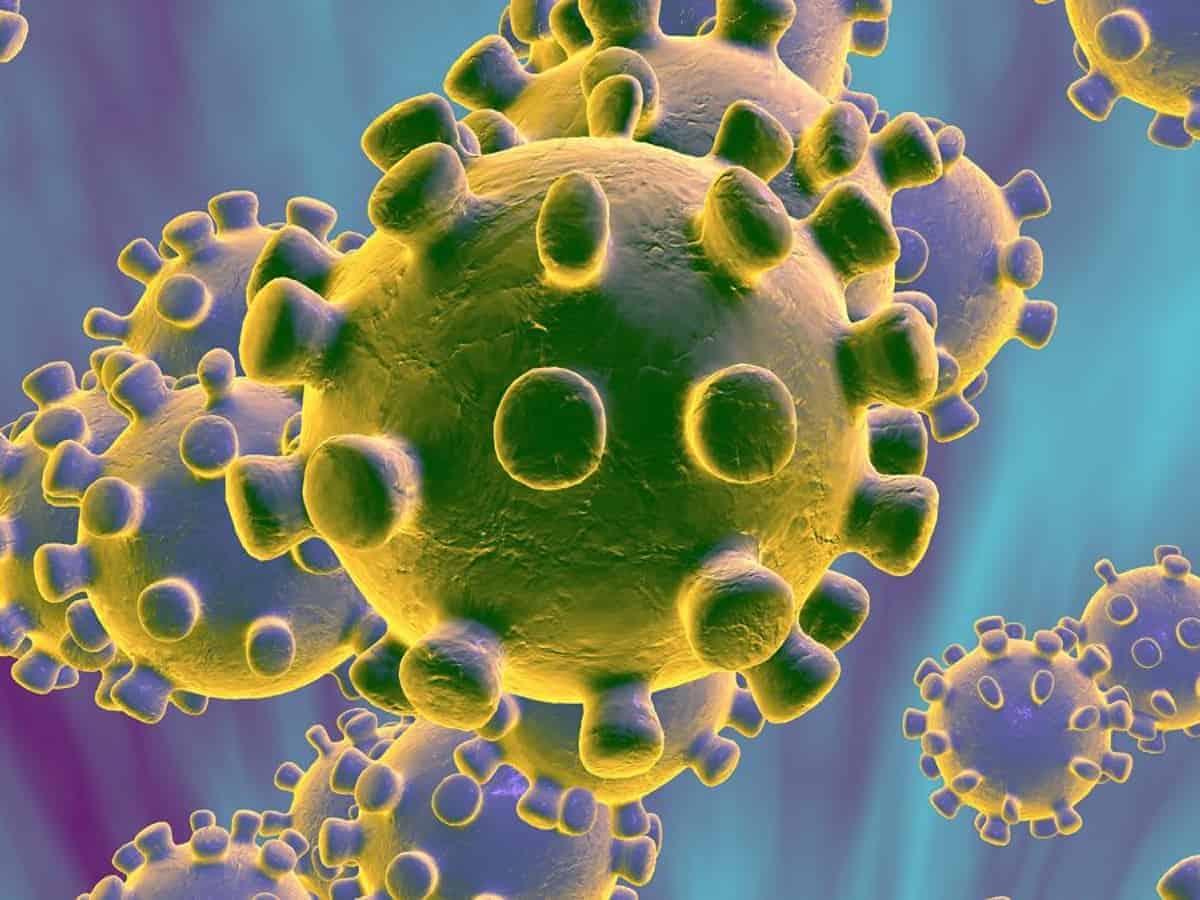Mumbai: Medical professionals of Indian origin in the UK and USA are also battling emotional trauma and stress like their counterparts in India while taking care of COVID-19 patients and fighting the disease, which has spread to virtually every corner of the world.
Dr Sajjad Pathan, an Indian origin emergency medicine specialist based in London, told PTI that in the United Kingdom also, doctors are going through a lot of anxiety related to exposure to the coronavirus, and carrying the infection home to family is a major concern.
“I have no choice but to work in these difficult times and I can’t escape from my responsibilities as it was I who had made the choice some years ago to be a frontline emergency medicine doctor,” he said.
But the fear of bringing the infection back home to family members, specially elders and kids, is something which is worrisome, he said.
“We, at our hospital, have divided our emergency department into hot (COVID) and cold (non-COVID) zones. We are seeing roughly about 75 to 100 patients per day of suspected COVID-19 in the hot zones. We have been allocating doctors for a period of three to fours in the hot zones on rotation basis,” he said.
Pathan said medical workers are experiencing anxiety since theysaw some of their colleagues becoming unwell and some succumbing to the disease.
“But, we are still staying positive and doing what we are supposed to do in these difficult times,” he said.
The doctor said at times, it becomes difficult for them to decide who (patient) will benefit with the intensive care management and ventilator support and who will not.
“As ventilators and intensive beds are getting exhausted, we have to take early decisions on what would be the ceiling of care for certain groups,” he informed.
“I have cried at certain times after taking such difficult decisions, as I felt helpless that we could not do much for them and sometimes knowing that any care provided will be futile,” Pathan said.
Moreover, the thought of these patients dying alone and that they may never see their family members again (as visitors are restricted) is very disheartening and painful, he said.
On his daily routine after reaching home, Pathan said his 10-year-old son keeps a distance of two metres and interaction with family members is mostly through WhatsApp.
“I feel sad when my son keeps asking me when the isolation would end and when would I be able to hug him and play crush, a tight hug which under normal conditions he dislikes, with him,” he said.
Asked why the situation turned alarming, Pathan saidinitially there was a delay in identifying that the virus could possibly turn into a pandemic.
Lack of prior information about this new strain of coronavirus and unavailability of any firm evidence-based treatment protocols or vaccines, lack of adequate number of hospital beds and ventilators compounded the problem, he said.
Sini Samuel, a nurse working at a hospital in New York is also undergoing a similar stress.
“A state like New York is a melting pot, hence no matter how we try there is going to be an influx of people from all over. Initially, when the cases started, people were not much concerned as no one imagined it would hit so hard, hence the needed precautions were not taken,” she said.
Samuel said in New York most of the health care personnel return home after work and take utmost care not to expose their loved ones to any risk.
“The emotional trauma is watching a patient’s condition deteriorating within a matter of minutes or hours.
We are emotionally drained and fearful for our own lives when we come across lives cut short way too soon. Some people did not even get a chance to fight for their lives,” she said.
Another issue is wearing the mask during the entire shift of 10 to 12 hours, whichis physically uncomfortable, she said, adding that health workers have been boosting their immune systems by consuming more multivitamins.
Samuel also feels that people’s outlook towards health care personnel needs to change and they should be more accepting and understanding.
“Everything cannot be perfect all the time, so shortcomings must be tolerated. There has to be a sense of trust between people and health care workers, she said.
US-based epidemiologist Dr Neeti Vyas said the situation turned alarming due to the “unknown nature of the virus”.
“By the time we understood basics about the virus, like the strain of the virus and how it spreads, the virus had infected several people across the world,” she said.
Vyas said frontline health care workers should try as much as possible to avoid contaminating their living space.
“This usually involves having a ‘decontamination zone’ as soon as you enter your house,or even outside your front door. It involves first changing clothes, entering a shower and disinfecting every surface they touched on way to their rooms and ensuring no physical contact with kids before that,” she said.

